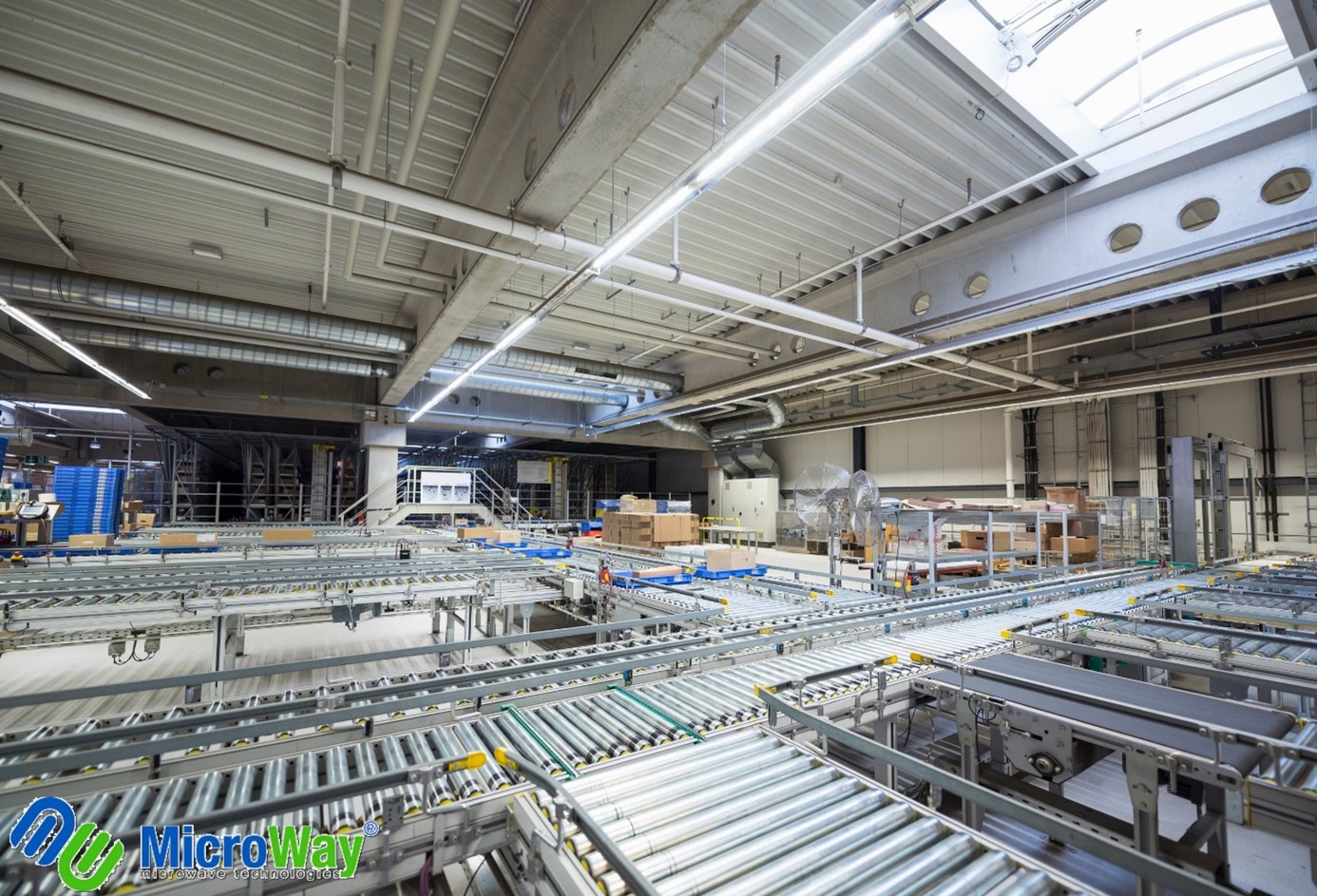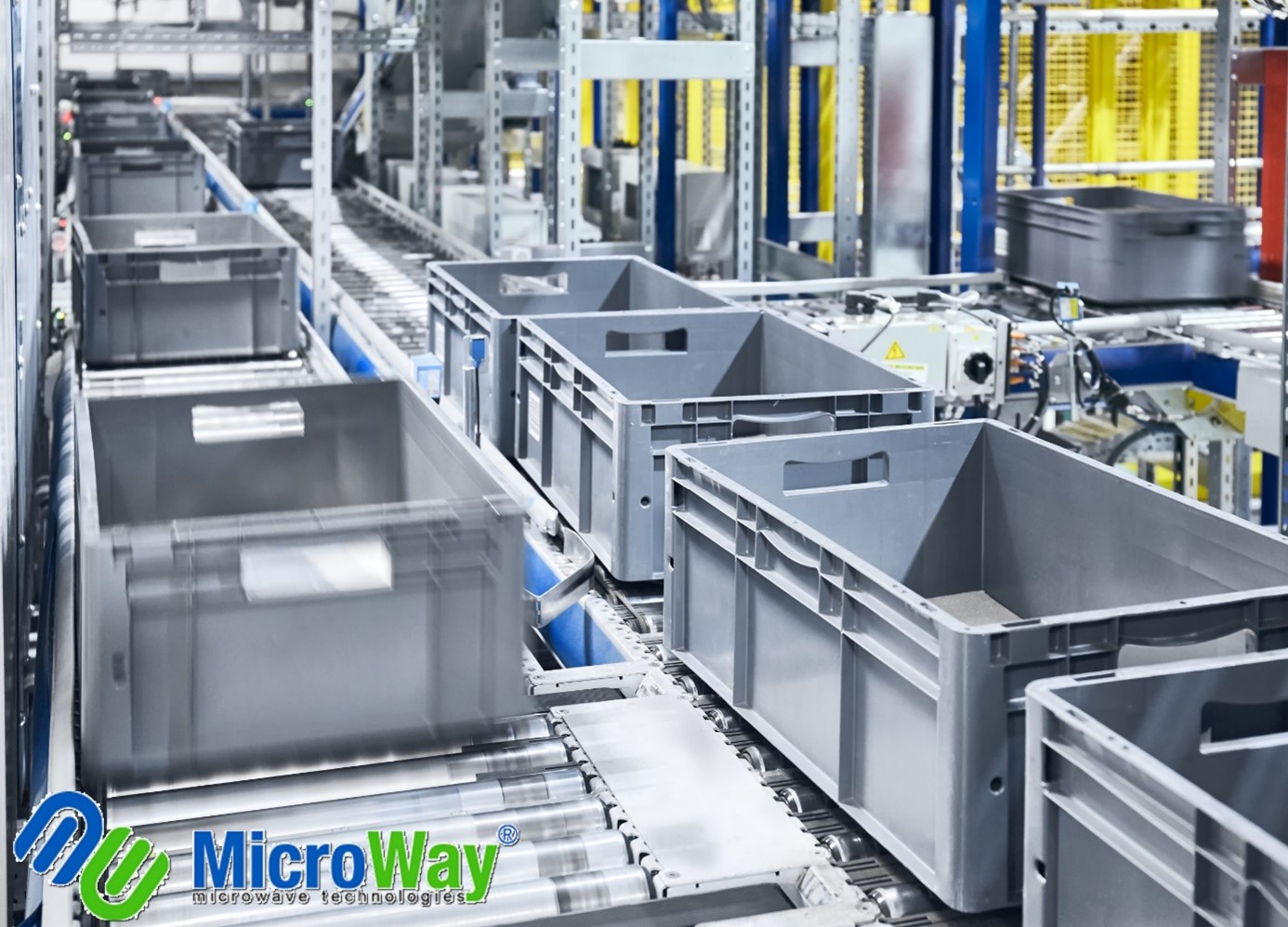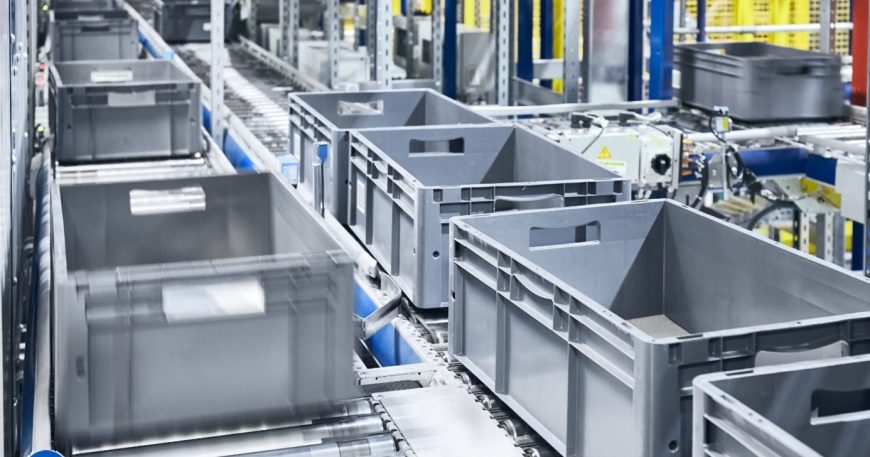Introduction:
Conveyor machine have become indispensable in the realm of material handling, playing a pivotal role in optimizing processes across a myriad of industries. From the manufacturing floor to distribution centers, these machines have revolutionized the way materials are transported and processed. This article delves into the functionality, types, and applications of conveyor machines, shedding light on their significance in modern industrial settings.Get acquainted with the production capacity of the Microway brand.
Functionality of Conveyor Machines:
Conveyor machine operate on the principle of moving materials from one point to another systematically. They consist of various components, including belts, rollers, and pulleys, working together to facilitate the efficient transfer of goods. These machines contribute to increased productivity, reduced manual labor, and improved workflow in industrial environments.

Types of Conveyor Machines:
- Belt Conveyors: Belt conveyors are perhaps the most common type, featuring a continuous loop of material that moves over two or more pulleys. They are versatile and find applications in horizontal, inclined, or declined material transportation.
- Roller Conveyors: Roller conveyors utilize a series of rollers mounted on frames to move materials. These are particularly effective for handling heavier loads and are frequently used in warehouses and distribution centers.
- Screw Conveyors: Screw conveyors employ a helical screw blade to propel materials along a path. They are well-suited for the controlled transport of bulk materials such as grains, powders, and sludge.
- Chain Conveyors: Chain conveyors use chains to move materials along a designated path. These conveyors are employed in scenarios requiring heavy-duty transportation, such as in automotive assembly lines.
Applications of Conveyor Machines:
- Manufacturing: Conveyor machines are integral to manufacturing processes, facilitating the assembly and movement of goods. They enhance production rates and contribute to cost-effective operations.
- Distribution and Warehousing: In distribution centers and warehouses, conveyor machines streamline sorting, packing, and dispatching activities. They play a crucial role in order fulfillment and contribute to reduced manual labor.
- Mining and Construction: The mining and construction industries extensively utilize conveyor machines for transporting bulk materials, including ores, gravel, and concrete. This results in improved operational efficiency and reduced labor requirements.
- Food Processing: Conveyor belts are prevalent in the food processing industry for the movement of raw materials, packaging, and finished products. They ensure hygienic handling and compliance with stringent food safety standards.

Advantages of Conveyor Machines:
- Efficiency: Conveyor machines significantly enhance operational efficiency by automating material handling, reducing downtime, and optimizing production flow.
- Cost-Efficiency: Automation provided by conveyor machines leads to cost savings by minimizing labor requirements and improving overall production efficiency.
- Safety: Conveyor machines contribute to a safer working environment by reducing the need for manual handling of heavy or hazardous materials.


